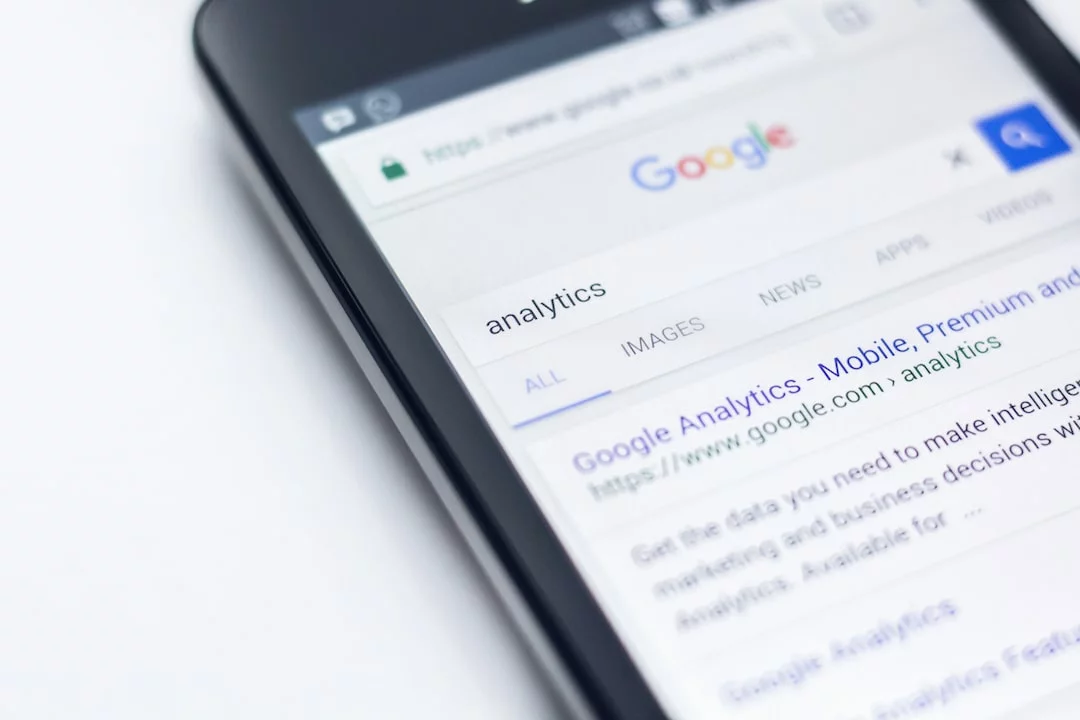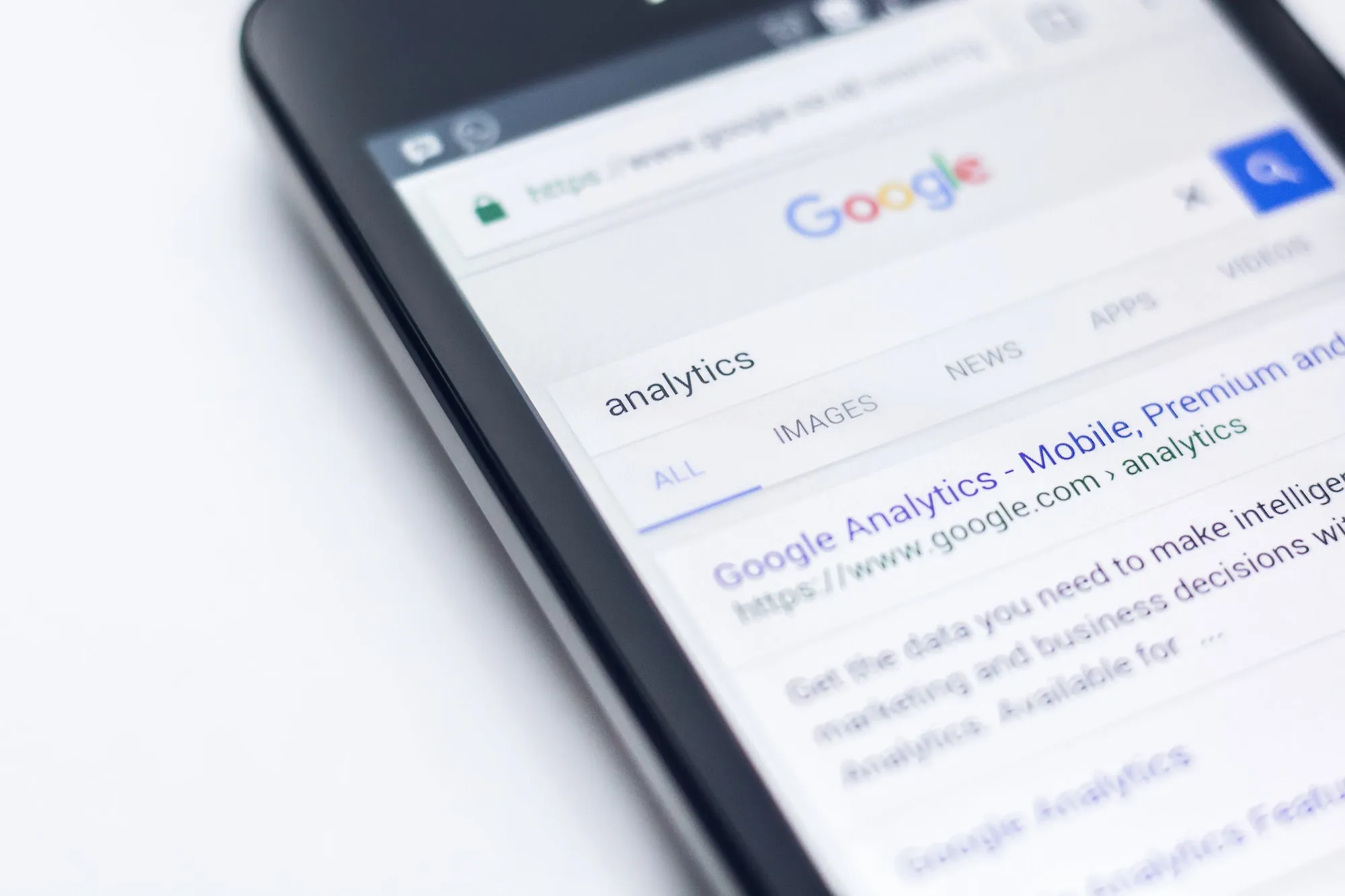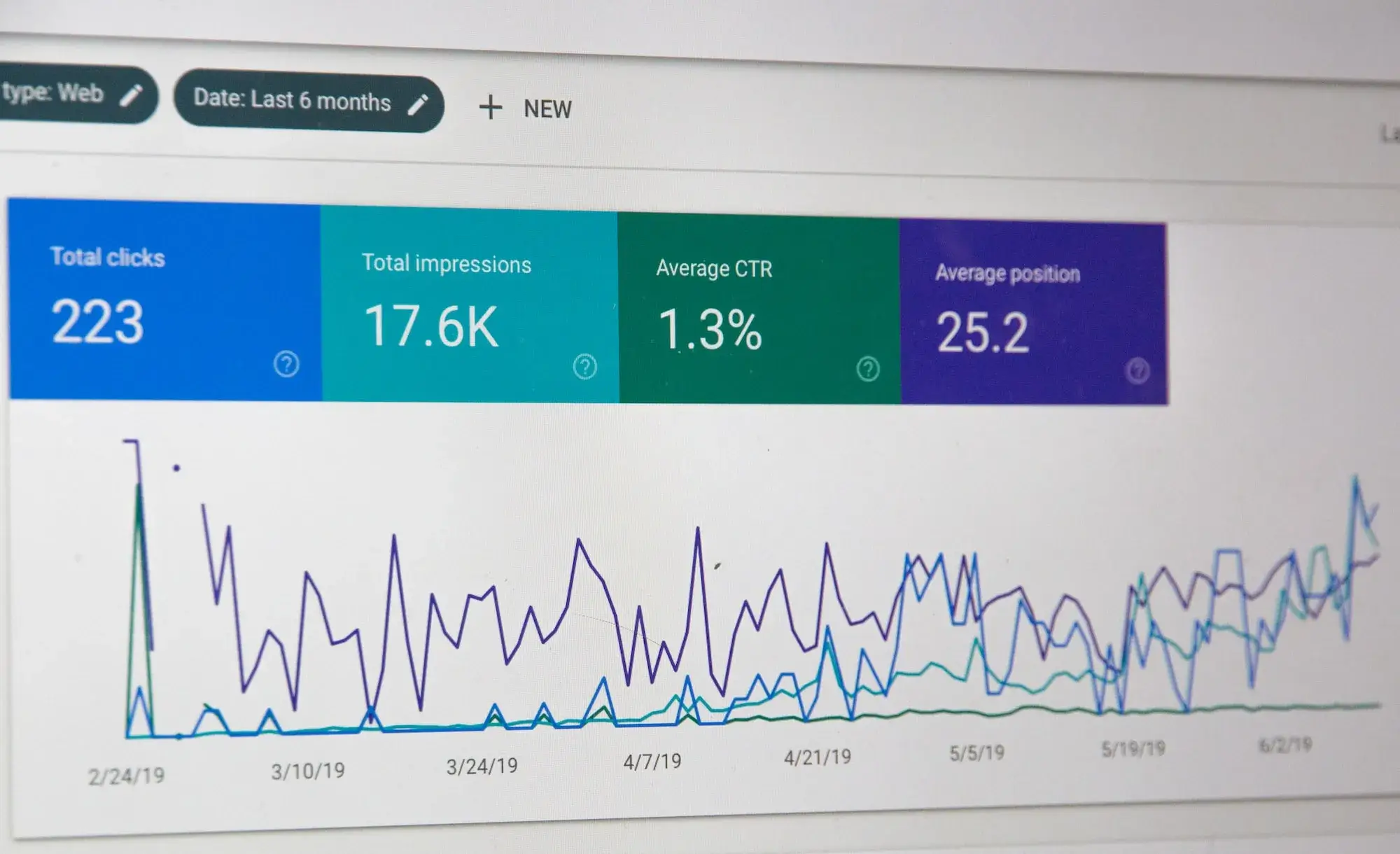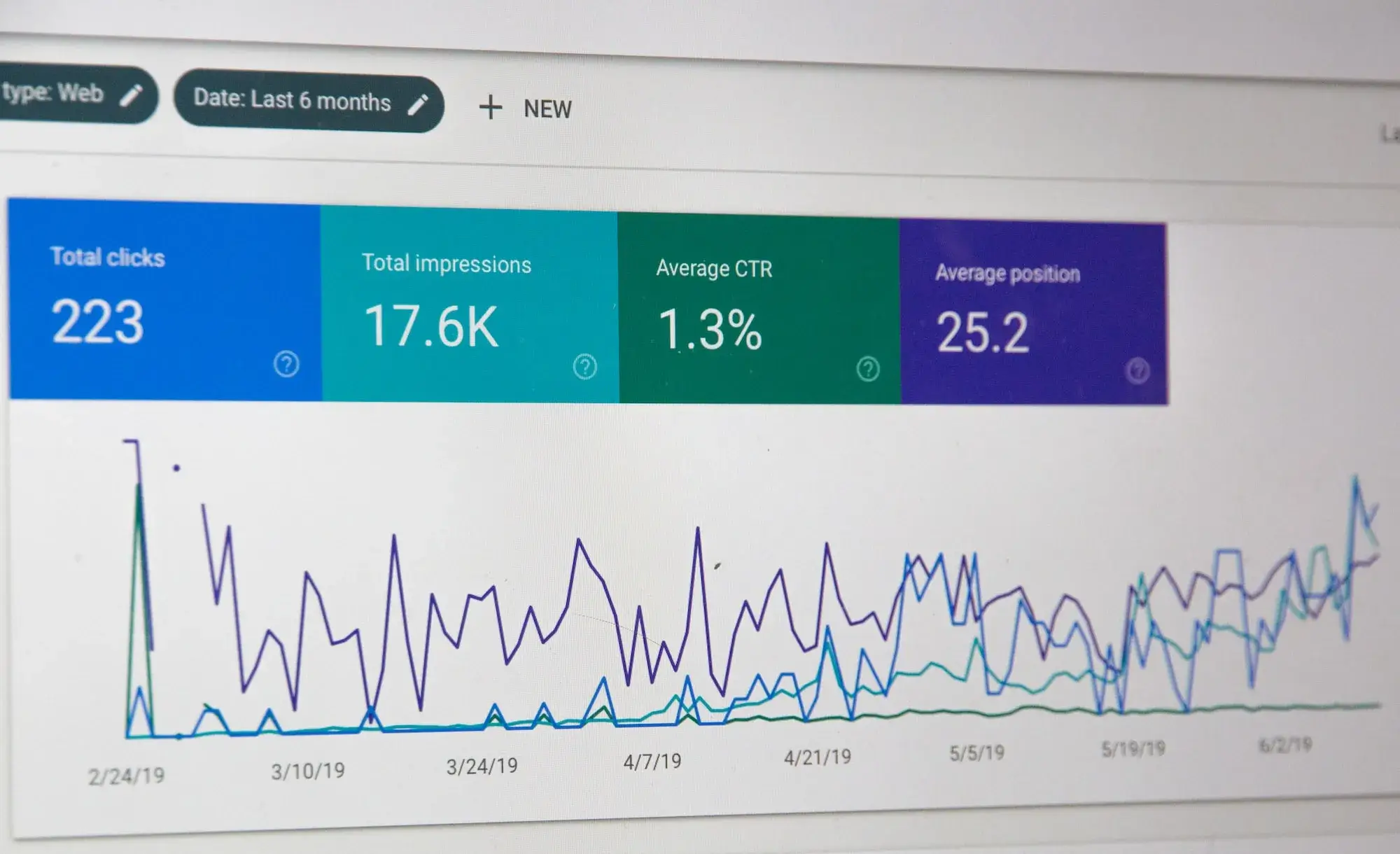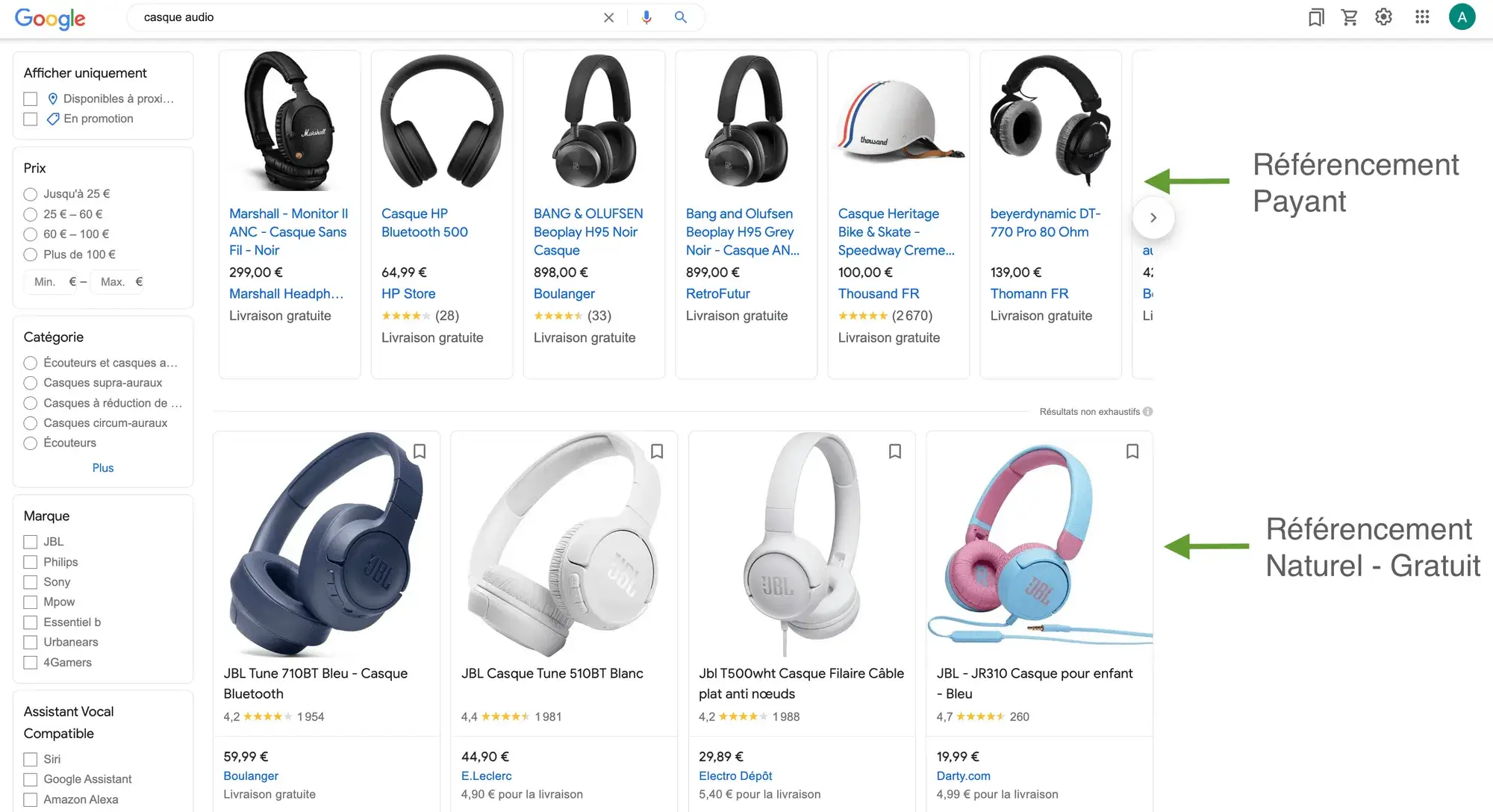The RGPD came into force in May 2018. Its aim is to protect users’ personal data. With this new law, companies are obliged to ask for prospects’ consent to establish digital communication.
Remarketing puts ads in front of consumers after they’ve visited an e-commerce site. Prior to this law, no prior request is made to these prospects. How do you strike the right balance between remarketing and RGPD? These remarketing strategies are a great strength for businesses, but do they comply with RGPD rules?
The entry into force of the RGPD: rules to comply with
With this new law, digital rules have evolved. All websites, especially e-commerce sites, must take steps to keep up with these legal developments.
Nowadays, for all remarketing strategies, it’s essential to have consumer consent. It is no longer possible to collect personal information without authorization.
To this end, all websites and online stores must have a cookie-use banner. The message displayed should be clear, telling users that the online store is collecting information.
Even if the prospect does not fill in any fields, all information such as pages visited and location is retained. This data is used for analysis tools such as Google Analytics.
This marketing authorization also requires the site to include a legal notice page explaining how the information collected is processed.
With these legal obligations, how do you reconcile remarketing and RGPD?
The tools for implementing a remarketing strategy have had to evolve. Google Ads now allows users to choose between general and personalized ads (based on the information gathered).
Depending on user consent on Google, ads vary.
What’s more, for Google Analytics, it’s possible to opt out of remarketing lists. A compromise had to be found between remarketing and RGPD. That’s why the choice is left to prospects.
However, if the consumer gives his or her consent, ads from all brands can be shown to them, and may appear during their web browsing. On the other hand, if the consumer refuses these data collection practices, the targeted and personalized ads of e-tailers will never be shown, whatever the device used.
See also: Developing audience engagement, 3 strategies to adopt
Google's reaction to these developments
In the wake of the RGPD, the leading search engine has been forced to react. Terms of use have been updated to accompany all legal obligations.
These novelties were restrictive for online stores. However, over time, a real balance between remarketing and RGPD has been found. These new laws now present real advantages for e-tailers:
Consumers, having given their consent, are open to discussion and thus willing to hear the message conveyed.
The company comes across as sincere, transparent and prospect-oriented.
Remarketing lists may be smaller than before the law, but they are all the more qualified because they are informed consumers who are genuinely interested in what you have to offer.
E-tailers save time and can convert faster.





